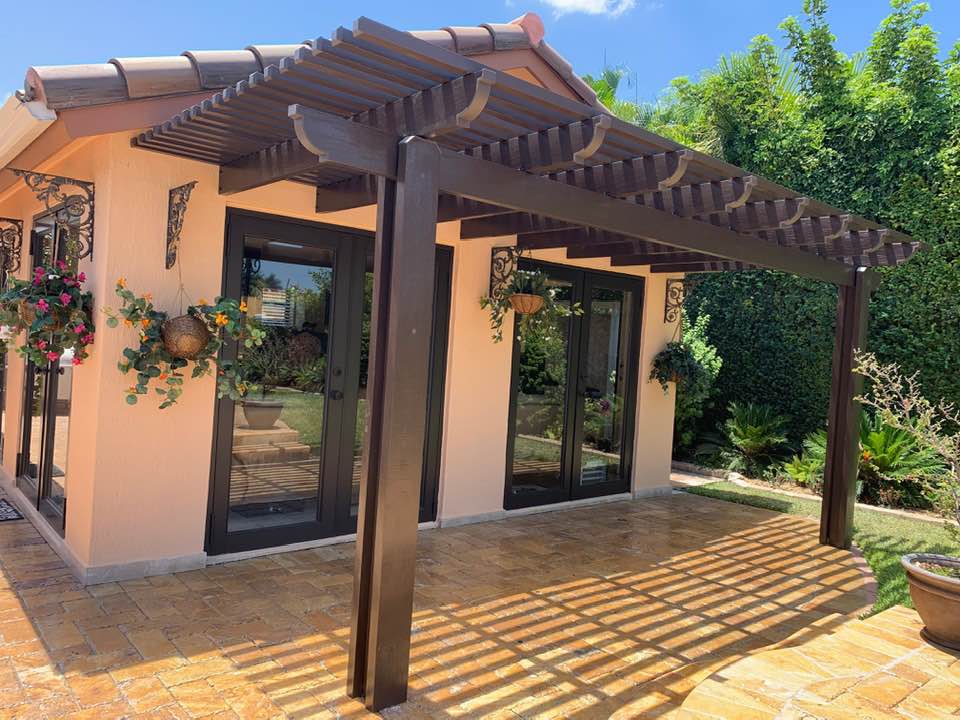Aluminum is a silvery-white, lightweight metal that is the third most abundant element in the Earth's crust. It is a highly versatile material with numerous advantages that make it a precious resource. Its lightweight property makes it ideal for use in transportation and packaging, while its corrosion-resistant nature makes it suitable for outdoor applications. Additionally, its excellent conductivity makes it useful in electrical wiring and electronic components, and its high thermal conductivity makes it ideal for heat sinks and radiators. Aluminum is 100% recyclable, which reduces energy consumption and greenhouse gas emissions. Finally, its aesthetic appeal makes it perfect for architectural applications. Overall, aluminum plays a key role in modern life and helps to protect the environment and conserve energy.
Aluminum's non-magnetic property
One of the properties of aluminum is that it is non-magnetic. This means that it is not attracted to magnets and does not produce its magnetic field. Unlike ferromagnetic materials such as iron or nickel, which have a strong attraction to magnets and can be magnetized themselves, aluminum is considered diamagnetic, meaning it has a weak repulsion to magnetic fields. This property makes aluminum useful in applications where magnetic interference can be a problem, such as in electrical wiring or electronic components, where the presence of magnetic fields can interfere with their performance.

Aluminum's Lightweight Property
Another key property of aluminum is its lightweight nature. Aluminum has a density of approximately one-third that of steel, which makes it one of the lightest metals commonly used in industrial applications. This property makes it an ideal material for use in applications where weight is a concern, such as in transportation (e.g. planes, cars, and trains) and packaging (e.g. cans and foil). The use of aluminum in these applications reduces the product's overall weight and energy consumption and greenhouse gas emissions during manufacturing and transportation. Additionally, the lightweight nature of aluminum makes it easier to handle and transport, which can reduce labor costs and increase efficiency in manufacturing processes.
Aluminum's Corrosion Resistance
When exposed to air, aluminum reacts with oxygen to form a thin layer of oxide on its surface, which acts as a protective barrier against further corrosion. This oxide layer is dense, transparent, and adheres strongly to the surface of aluminum, making it highly resistant to rust, corrosion, and other forms of degradation. This property makes aluminum ideal for outdoor applications where it is exposed to harsh environmental conditions, such as in construction, marine, and aerospace industries. Additionally, the corrosion-resistant property of aluminum makes it suitable for use in food and beverage packaging, where it helps to maintain the quality and safety of the contents.
The Environmental Benefits of Aluminum
Aluminum is considered an environmentally friendly material due to several reasons. Firstly, it is 100% recyclable, meaning that it can be melted down and reused without losing its quality or integrity. This reduces the need for raw materials, energy consumption, and greenhouse gas emissions during manufacturing. Secondly, the lightweight nature of aluminum reduces fuel consumption and carbon emissions in transportation applications, such as planes, cars, and trains. Thirdly, the corrosion-resistant property of aluminum increases the longevity and durability of products, reducing the need for frequent replacements and thereby reducing waste. Finally, the use of aluminum in construction and packaging applications can contribute to the energy efficiency of buildings and reduce food waste, respectively. All of these factors make aluminum a sustainable and environmentally friendly material.

Aluminum in Construction: Lightweight, Durable, and Versatile
aluminum is often used in gutter systems, insulated roofs, fences, and pergolas due to its lightweight, corrosion-resistant, and easy-to-work-with properties. Its lightweight nature makes it easy to install, while its corrosion-resistant property ensures that it can withstand exposure to the elements without rusting or degrading. Additionally, aluminum can be easily shaped and formed, making it ideal for custom designs and intricate detailing in these applications. Its versatility and durability make it an excellent choice for these construction applications.

